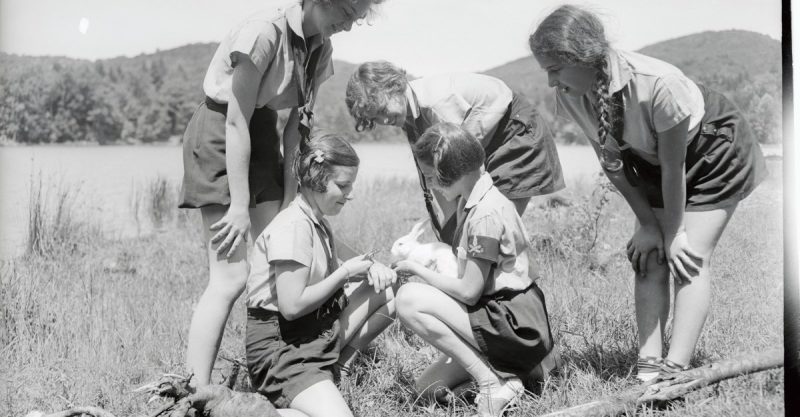
The nostalgic image of summer camp – rustic cabins, campfire singalongs, and the thrill of archery – is undeniably charming. But times, and campers, have changed. The experiences of today’s campers, largely millennials and Gen Z, are a far cry from those of previous generations. This shift isn’t necessarily a ‘ruining’ of summer camp, but rather a significant evolution shaped by technological advancements, shifting societal values, and changing expectations.
While the core values of summer camp – building friendships, developing independence, and fostering a love of the outdoors – remain, the methods have adapted. The rise of smartphones and social media has undeniably impacted the experience. Constant connectivity allows campers to stay in touch with friends and family back home, potentially lessening the feeling of isolation and homesickness that previous generations might have experienced. However, it can also lead to distractions from the activities and social interactions that are central to the camp experience. Camp directors are now faced with the challenge of balancing technology integration with the promotion of offline engagement and mindful presence.
Another significant change is the increased focus on specialized programs. Gone are the days when all campers participated in the same activities. Today’s camps offer a wide array of specialized programs catering to diverse interests, from coding and robotics to filmmaking and entrepreneurship. This caters to the varied interests and aspirations of modern campers, and allows for a more personalized and enriching experience. However, this specialization can also lead to a less cohesive camp community, as campers might spend less time interacting with those outside their specific interest groups.
The evolution of summer camp isn’t simply about technology and specialized programs. Changes in parental expectations and safety concerns have also played a significant role. Parents are more involved in their children’s lives than ever before, often seeking detailed updates and information about their camper’s progress. This increased parental involvement is understandable, but it can also lead to challenges for camp directors who must balance the need for parental reassurance with the goal of fostering independence and self-reliance in their campers.
In conclusion, the ‘ruined’ summer camp narrative is an oversimplification. The reality is a dynamic landscape where tradition and innovation coexist. Summer camp continues to adapt and evolve to meet the needs and expectations of each new generation of campers, reflecting the changing social and technological landscape. While some might mourn the loss of the ‘simpler’ times, the modern summer camp experience offers a unique set of opportunities and challenges that are shaping the next generation of leaders, innovators, and outdoor enthusiasts.









